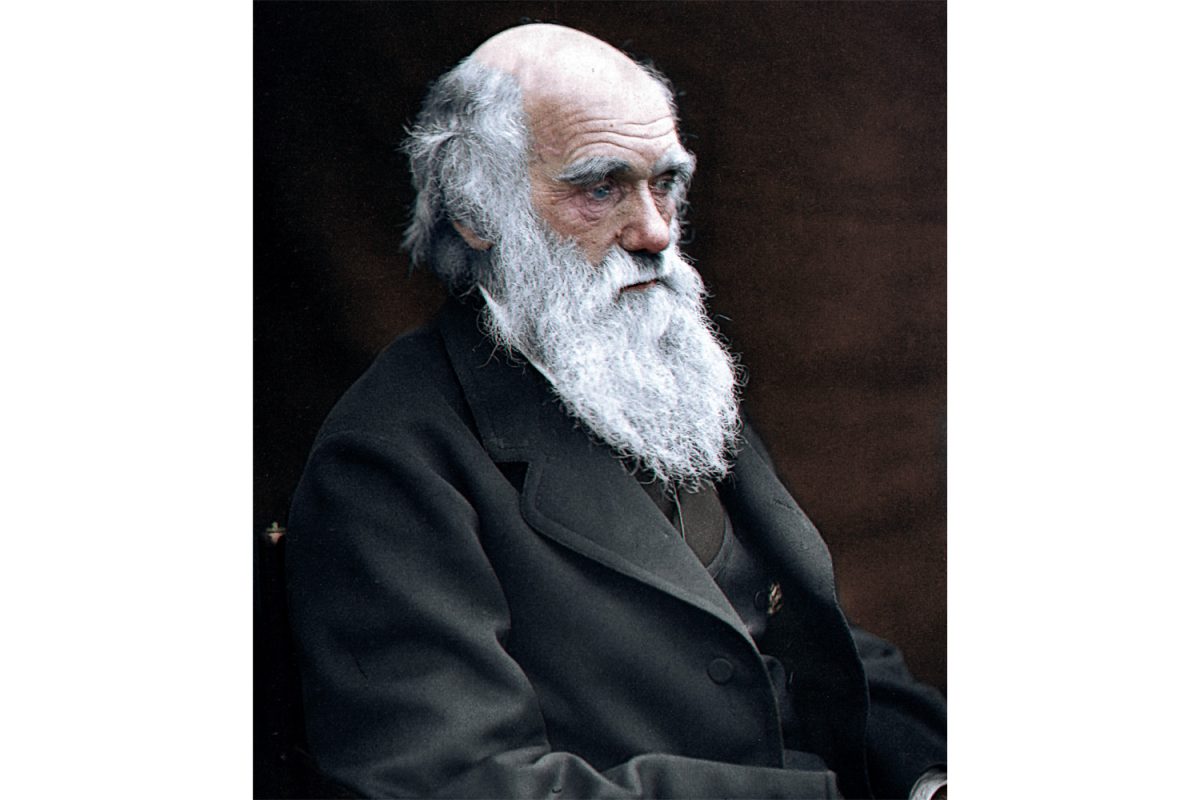By 2050, Earth’s population will exceed 9 million. The question on many environmentalists’ minds is, how can we feed this overabundance of humans?
On Tuesday night, world-renowned environmental journalist Lisa Palmer spoke at Prairie Lights about her book Hot, Hungry Planet, which documents the environmental, social, and economic factors leading to global food shortages. These shortages are only expedited by climate change.
Locally and regionally, Palmer said, the Midwest needs a stronger plan for crop diversity because of the rise of high nighttime temperatures.
“With high sustained nighttime temperatures, it prevents corn from filling with grain,” Palmer said. “I think we are going to see some problems occur with crop growth before the crop diversity actually happens.”
With the rise of nighttime temperatures, she said, Canada will be a good place for corn and soybeans to grow, so the Midwest should have crop diversity in order to have crops to fall back on.
Maureen McCue, a UI adjunct clinical professor of public health and adjunct professor of International Programs, agreed that Iowa needs to look into crop diversity, because most of the farmland is filled with corn and soybeans and is at risk for crop depletion due to climate change.
RELATED: University of Iowa holds first Meatless Monday at dining halls
Along with the education about monocrops, McCue said, she believed Iowa needs to be educated on the prevalence of methane and petroleum in our climate.
“For a long time, people talked about working on climate in terms of fewer cars or cutting down on coal factories but never looked at what we eat as part of the whole picture,” McCue said. “What we eat and how we eat is petroleum-dependent. We need a lot of petroleum for fertilizers and machinery. The feed for these animals produce methane, which also contributes to the pollution.”
McCue also said that when pesticides are used, the quality of water will suffer because of excess runoff.
Kelly Baker, a UI assistant professor of occupational and environmental health who studies global water and health, agreed that the change in water contributes to climate change.
“Growing chickens and cows requires water,” Baker said. “Populations that struggle to meet water needs are going to experience less water abundance to grow those crops and animals. If you can’t have crops and animals, you will experience hunger.”
Baker said her bottom line was that the world needs substantial change in the use of water-conservation practices in agriculture and to make sure those strategies are available to people in all countries, especially the poorest countries, to maintain current food-production standards.
Although there seem to be many problems, Palmer stays “hopefully optimistic.”









